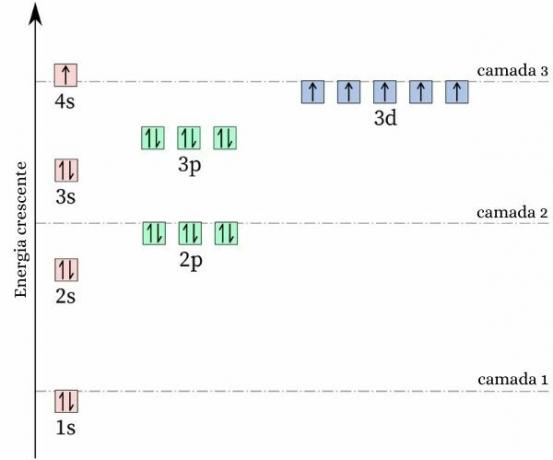Privatization it is the process of transferring state-owned companies to the private network, that is, state-owned companies that are sold to private capital.
Globalization proposes, for countries interested in joining this process, certain requirements. In Brazil, the market opened for the entry of imported goods and the end of the state monopoly (privatization). Thus, the country joined the privatization process, especially in the sectors linked to electricity, telecommunications, mining, among others.
The privatization process has two aspects, on the one hand, the negative factor, which favors the continued economic and technological dependence of developed countries; on the other hand, after the sale of the state-owned companies, the government no longer allocates resources for investments and starts to rely on the taxes generated by the companies, which for the government is feasible.
Main privatizations in different governments:
Collor government
Usiminas;
National Steel Company.
FHC government
During his term, President Fernando Henrique Cardoso raised 22.23 billion dollars in the privatization of companies in the electricity sector and 29.81 billion dollars in telecommunications.
Lula government
During the Lula government, the target of the privatizations was the highways, at least 2,600 km of federal roads passed into the hands of private capital.
By Eduardo de Freitas
Graduated in Geography
Brazil School Team
Source: Brazil School - https://brasilescola.uol.com.br/brasil/o-processo-privatizacao-no-brasil.htm



